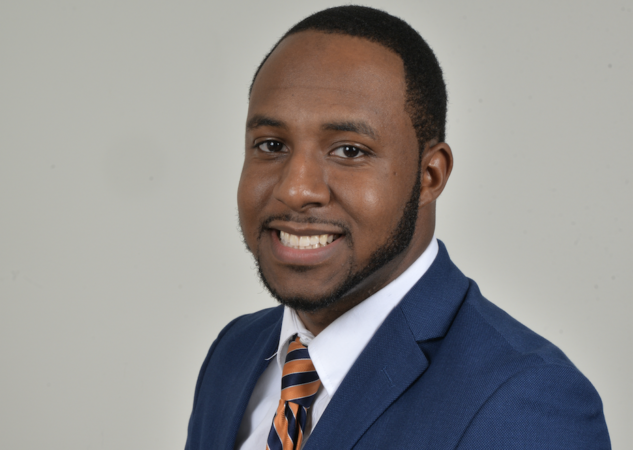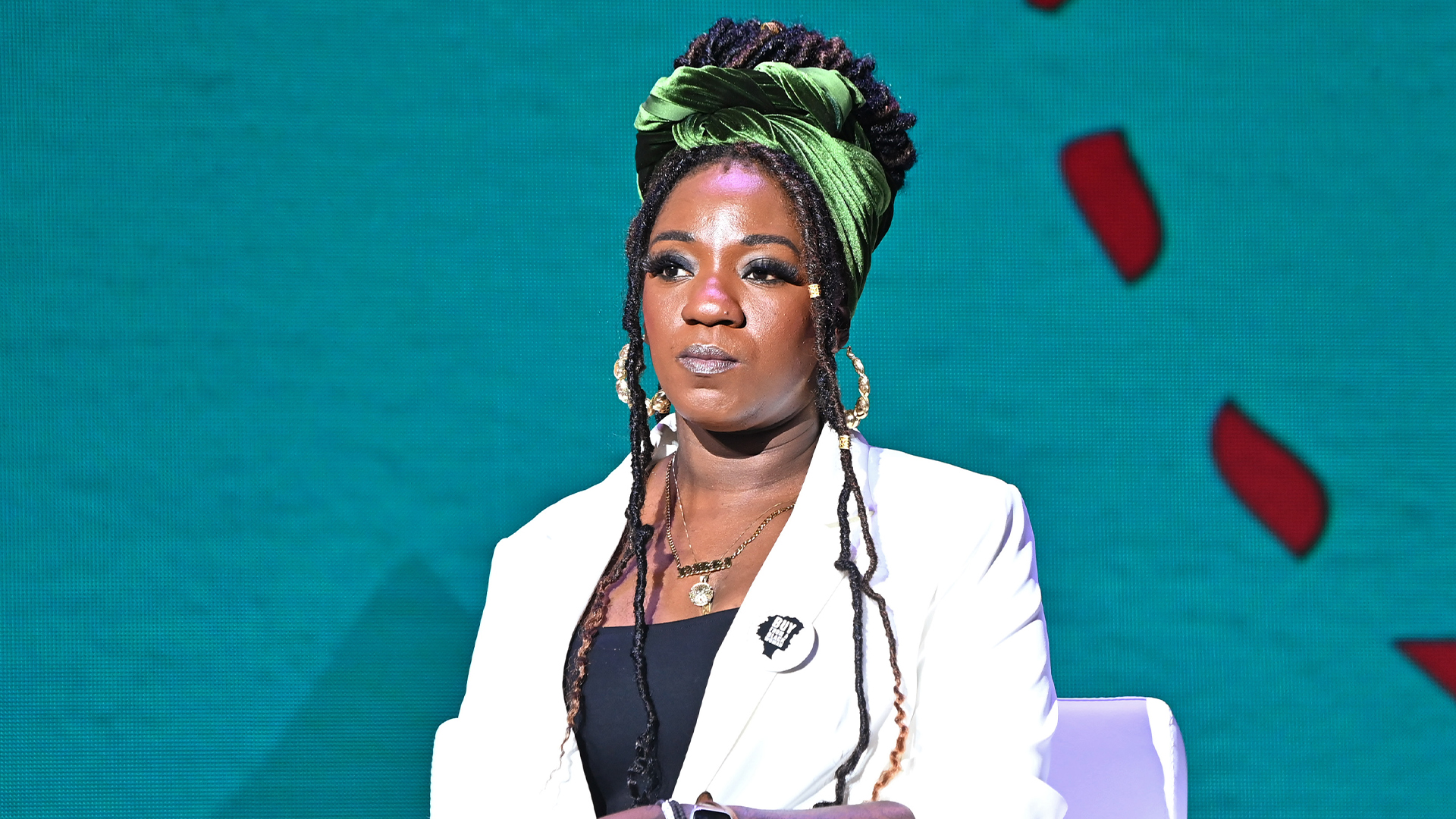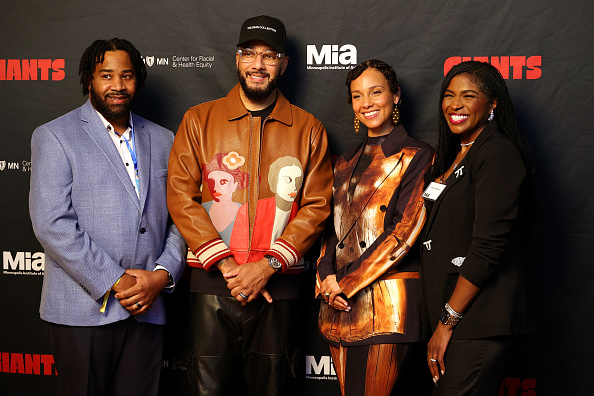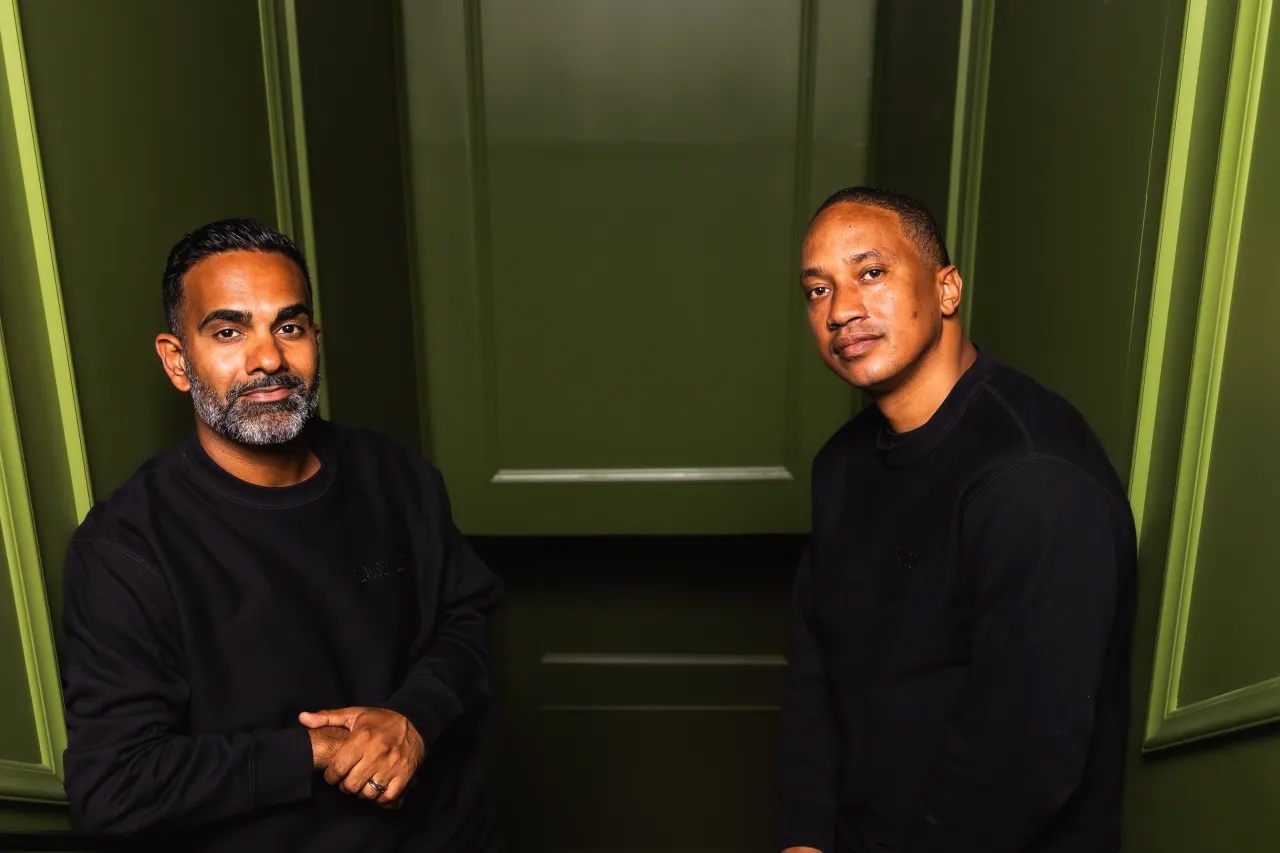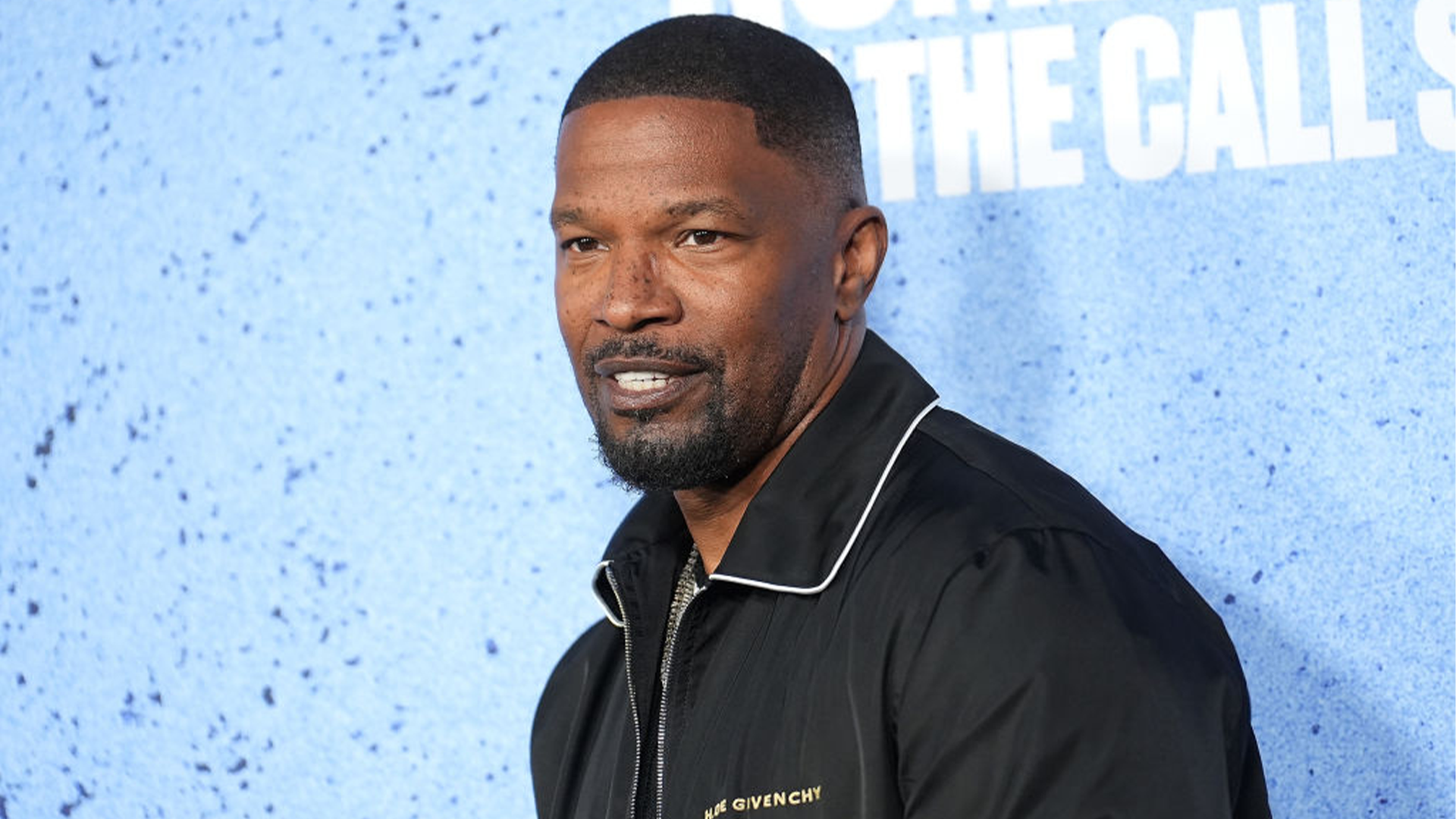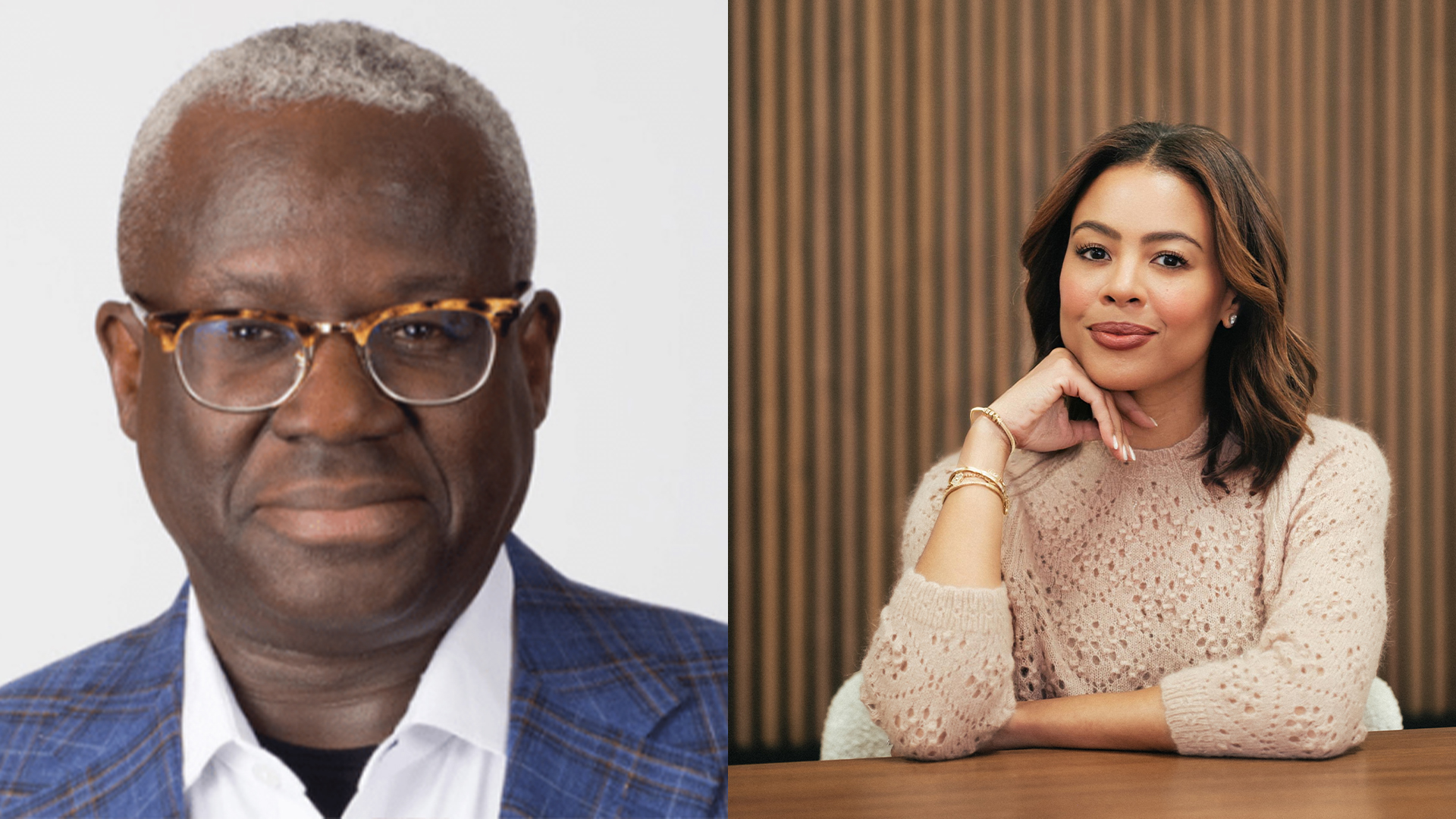When Dr. Jalaal Hayes started his educational journey, he didn’t know it would lead him on the path to becoming the youngest person to hold a doctorate degree in applied chemistry from Delaware State University (DSU).
Dr. Hayes was only 22-years-old when he earned his doctorate degree from DSU in December 2015, and he was the youngest candidate in the Historically Black College and University’s 124-year history. The road to this accomplishment wasn’t always the smoothest for him, and at times, he even doubted he’d make it here.
“The hardest part was staying focused and reminding myself of the goal,” Dr. Hayes told AfroTech. “That goal was graduating college, so I just made sure I didn’t have time to get distracted.”
Dr. Hayes went to George Washington Carver School of Engineering and Science in Philadelphia. He describes this as one of the premiere science, technology, engineering, arts and mathematics (STEAM) schools in the city, since you had to apply and test into it.
When he was in eighth grade, he took a math placement test that put him in remedial math. He knew he was meant to be taking higher level courses, so his parents decided to enroll him into summer school to get him up to speed.
“I didn’t plan to graduate early to be honest with you,” Dr. Hayes said. “After I finished my freshman year of high school, I went to summer school and since I liked it so much, I decided to take two sessions to make sure I wasn’t behind.”
Even after taking multiple courses in summer school, Dr. Hayes was told that he would still be behind his peers and wouldn’t be able to graduate on time. This frustrated him but after sitting down with his father to discuss his options, they both decided it was best for him to start attending night school at Northeast Preparatory School to finish as quickly as possible. Dr. Hayes was only 14-years-old when he started to go to school double time but by age 15, he was done with high school and off to embark on his undergraduate career.
“I was switching from public school during the day to private school at night. Doing that for a whole year made me realize that my dad was right,” Dr. Hayes said. “That’s when the grind really started and that’s the same grind people see today.”
After this, he went on to earn bachelor of science degrees in general science and history from Lincoln University (LU), the first degree-granting Historically Black College and University (HBCU) in the United States. He graduated from LU in three years and acquired his BS at 18-years-old.
Before embarking on his doctoral journey, he made a stop at Howard University to do some research with NASA for a three-month summer internship. He said this is where he first got interested in climate change since he was studying chemical contaminants in the air. From there, he studied at DSU for four years.
“The hardest part about being in college so young was staying focused since I was living in the dorms,” Dr. Hayes said. “And it was interesting because throughout my doctoral journey, I was able to travel to conferences, write peer reviewed journal articles, and get a patent with my team.”
It’s only been up for Dr. Hayes since he finished schooling nearly six years ago. In 2017, he authored two books and gave a TEDx talk titled Chemistry of Community Building. In December 2018, he was honored as the Top Influential Chemist of the year by the International Association of Top Professionals for his contributions to research and STEAM community work throughout his career. He also served as a keynote speaker for the Innovative Applied Energy Conference at the University of Oxford in 2019.
Dr. Hayes said that after his 28th birthday in December, he created a “three E” plan, which symbolize the current focus areas for his work. Those “three Es” are education, entertainment and energy. On the educational front, he is currently teaching chemistry courses at LU and he’s an entrepreneur. Dr. Hayes founded his own clean energy tech company, Elyte Energy Corp., last November, which focuses on making STEAM resources simple and accessible through study guides, videos and workshops. For energy, he’s been doing some hydrogen energy work that correlates with climate change and the research he did at HU.
“If I’m working on something and I really like what I’m doing, I can lock in,” Dr. Hayes said.
For entertainment, Dr. Hayes has an upcoming documentary that will premiere on May 21 titled “Exploding Dreams: A STEM STORY,” which will explore his professional journey from high school through now. The documentary includes interviews with his colleagues, family and students.
With these focus areas, Dr. Hayes said he wants to inspire more minority STEAM students to enter the workforce confidently. He said it’s important to know who you are in the STEAM workforce, and invest in networking and mentorship.
“Make sure you have a community that supports you and looks like you,” he said. “You have to have a community that understands your experiences.”
As far as longterm goals, Dr. Hayes said he wants to be the role model for up and coming Black and Brown chemists. He wants minority STEAM students to know that they can be multifaceted. He also wants to lean more into his STEAM entrepreneurship work in the clean energy economy.
“I tell people all the time that I’m a regular dude. My journey is interesting but it’s doable,” he said. “I have good parents around me that saw the cracks and loop holes in the educational system and we just took advantage of that. It ultimately was up to me to make that decision to grind.”
